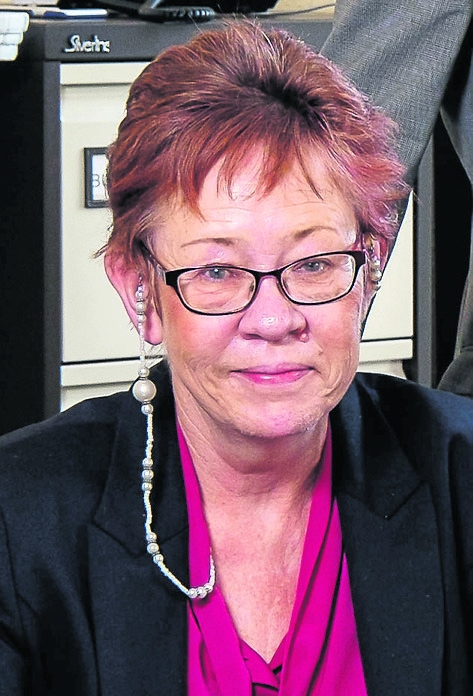By Sue Leathem
Partner
JR Watson & Co
INTERNATIONALLY, value added tax has grown in importance, being used by Governments to help keep down income and corporation tax rates. VAT is a tax on consumption rather than income. The UK has a favourable rate of zero per cent on essentials such as food, housing and public transport.
The standard rate of VAT in the UK is 20 per cent. It is a major source of revenue for the Government. In the year to 31 March 2019, £132 billion was collected. It makes up over 20 per cent of the total tax receipts. But like any tax. the Government does not collect all that is due, for reasons ranging from error to deliberate fraud. A growing digital economy has also opened opportunities for unscrupulous traders, particularly where cross border transactions are involved.
In April 2019, the first step to ‘make tax digital’ was implemented. VAT registered businesses, where the annual turnover exceeds the VAT registration limit, have to file VAT returns digitally. As well as reducing the loss of VAT through fraud and error, the operating costs for the Government are reduced. Digital reporting for VAT is the first step and in due course will be extended to direct taxes.
The implementation of the digital filing for VAT went smoothly for most businesses. It is too early to know whether this will increase the amount of VAT collected. Digital reporting was first introduced internationally in South America and fraud has been reduced.
At the present time, only a summary of transactions for the reporting period has to be submitted. In due course it is probable that digital purchase and sales invoices will also have to be filed.
HM Revenue & Customs will always investigate suspected fraud sometimes with the help of national or international tax agencies. All tax fraud takes money away from public services. Fraudsters will be jailed. Digital reporting will make it easier for HM Revenue & Customs to identify suspected fraud, however clever or devious the scheme.
In the absence of much change to the rates of direct and indirect taxes, efforts to increase collection of what is due become even more important.
Sue Leathem is a Partner in J R Watson & Co and can be contacted on 01604 630745 or


